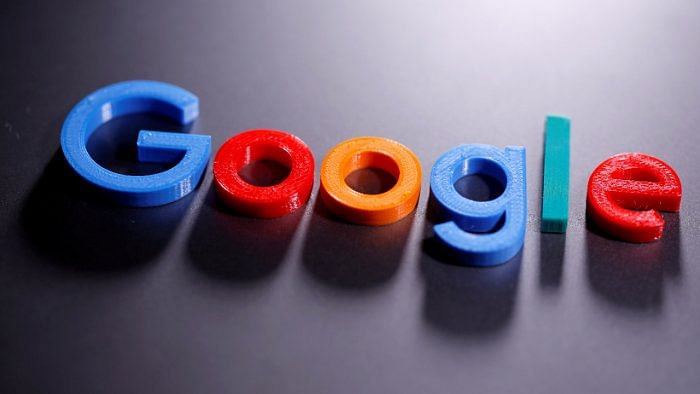
In the latest development in the ongoing tussle between Google and the Competition Commission of India (CCI), the National Company Law Appellate Tribunal (NCLAT) has directed the technology company to pay 10 per cent of the Rs 1,337 crore fine imposed on it by the nation's fair trade regulator.
Though the bench admitted the petition filed by Google against the CCI penalty, it declined to grant an immediate stay over operations, saying it would pass the order after hearing out other parties.
The appellate tribunal has also issued notices to CCI and directed it to list the matter on February 13, for the hearing on the interim stay on the regulator's order.
The NCLAT's direction came after Google challenged the CCI order on Google for abusing its dominant position in numerous markets in the Android mobile device ecosystem. The tech giants said the verdict would be a setback for Indian users and make the devices more expensive in the country.
As per Counterpoint Research, Android accounts for 97 per cent of the 600 million smartphones in India, making it Google’s biggest market by users.
In October, Google was charged Rs 2,200 crore over a week. The tech giant was first slapped with a Rs 1337.76 crore fine, and then another to the tune of Rs 936.44 crore. The CCI levied these penalties for anti-competitive practices related to the Android ecosystem.
Google is not a stranger to this, having been fined by the EU for similar practices earlier. Google recently told the tribunal that the CCI copied parts of the EU order against the US firm, arguing that it should be quashed. Meanwhile, the CCI said it had issued notices to Google for non-payment of the fines.
What are the anti-competitive practices Google has been fined for?
Google has been fined for abusing its dominant market position in the Android ecosystem, on the basis of an investigation that CCI started three and half years ago.
It is based on a complaint that alleged that Google abused its position in order to make it mandatory for original equipment manufacturers (OEMs) to pre-install the Google Mobile Suite, which includes apps such as Search, Chrome, Maps, Play Store, Drive, Photos and YouTube among others—on their phones and also place these apps in prominent positions.
The CCI found this to be an "imposition of unfair conditions on the device manufacturers” amounting to a “contravention of the provisions of Section 4(2)(a)(i) of the [Competition] Act, [2002]”, which states that there “shall be an abuse of dominant position...if an enterprise, directly or indirectly, imposes unfair or discriminatory condition in purchase or sale of goods or services."
The Rs 936.44 crore fine was placed for Google abusing its position to promote its own payment app - Google Pay and the in-app payments system on Play Store.
The CCI noted "Google’s Payments Policy requiring mandatory and exclusive use of GPBS [Google Play’s Billing System] denies the payment aggregators/payment gateways access to the market for processing of payments”, adding that “Google has excluded other UPI apps as effective payment option on the Google Play Store," adding, "These practices distort competition and disturb innovation incentives as well as the ability of the app developers to undertake technical development and innovate in their respective sphere of business activities."
How Google responded
Thus far, Google has warned that the CCI fines would be detrimental to India's Android users. Noting the possible setback, the tech giant said it would pose "serious security risks for Indians who trust Android’s security features."
Noting that the decision would raise the cost of Android devices, Google added it would "review the decision to evaluate next steps."
Google also argued against the CCI decision saying its model had "powered India’s digital transformation and expanded access for hundreds of millions of Indians” and that Indian developers had “benefited from the technology, security, consumer protections, and unrivalled choice and flexibility that Android and Google Play provide."